Optimize Your Co-Living with AI Video Analytics
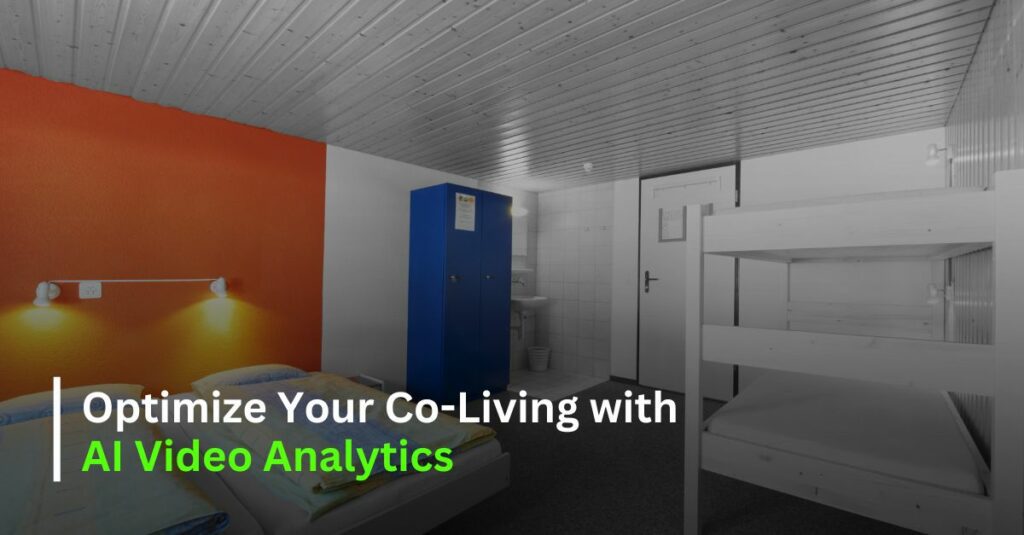
Introduction
What is Co-Living?
Co-living is a modern housing concept where individuals share living spaces while maintaining private bedrooms. This trend has gained popularity due to rising housing costs, flexible living options, and the desire for community-oriented environments.
The Role of Technology in Co-Living Spaces
Technology, especially artificial intelligence (AI), is transforming co-living. From optimizing space utilization to ensuring safety, AI is at the forefront of reshaping modern living environments, making them smarter and more efficient.
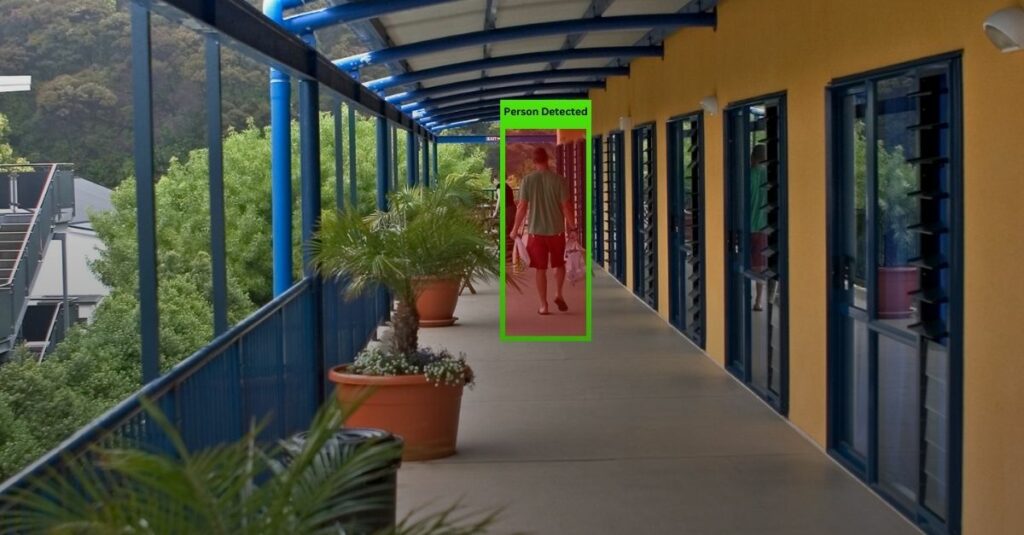
Understanding AI Video Analytics
What is AI Video Analytics?
AI video analytics leverages machine learning and computer vision to analyze video data in real time. This technology identifies patterns, detects unusual activities, and provides actionable insights.

Key Technologies Behind AI Video Analytics
AI video analytics is powered by technologies like deep learning, machine learning, and computer vision. These technologies allow systems to process large amounts of video data and make intelligent decisions based on that information.
How AI Video Analytics Enhances Co-Living Experiences
Security and Safety Monitoring
AI video analytics ensures real-time security by detecting unusual activities and alerting management instantly. This enhances overall safety within co-living spaces.
Efficient Space Utilization
AI provides insights into space usage, helping optimize communal areas and avoid overcrowding. This leads to a better co-living experience for all residents.
Smart Access Control
With AI-powered facial recognition, access control becomes personalized and more secure. Residents enjoy smoother entry experiences, while unauthorized access is minimized.
Enhanced Maintenance and Upkeep
AI helps monitor facilities and proactively alerts management to maintenance issues, ensuring timely repairs and better upkeep of shared spaces.


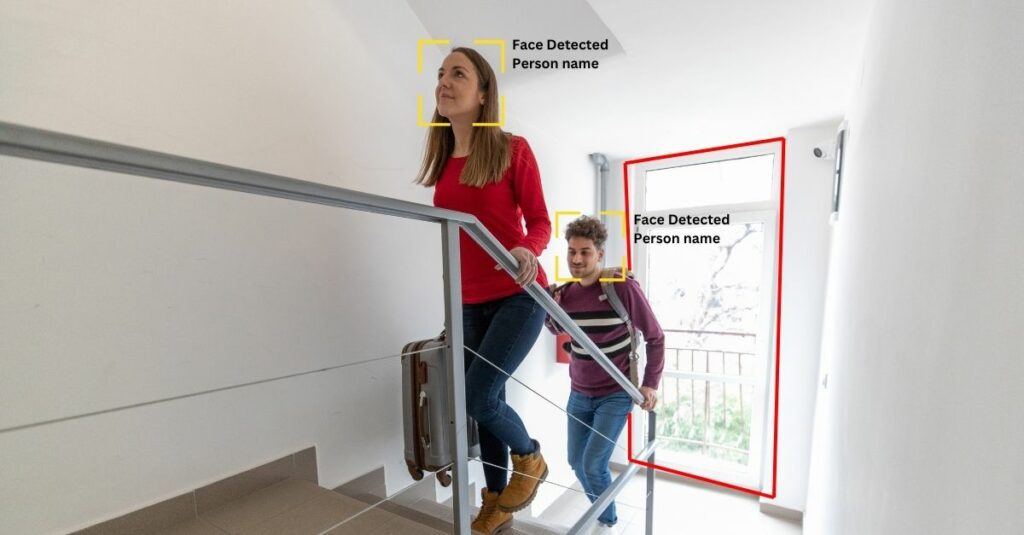
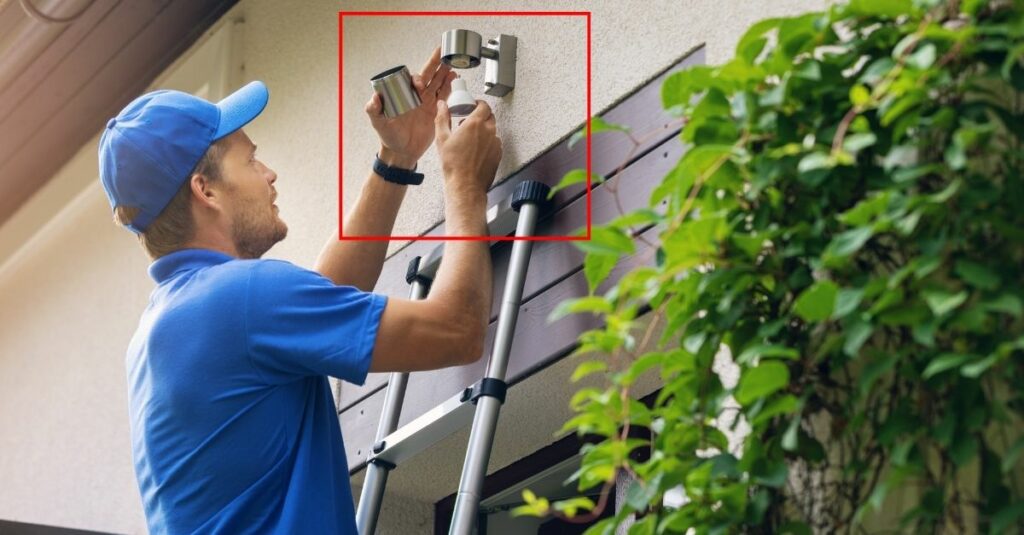
AI-Driven Energy Efficiency in Co-Living Spaces
Monitoring Energy Usage
AI tracks energy usage in real-time, helping optimize consumption across various living areas. This reduces unnecessary energy waste and lowers costs.
Reducing Carbon Footprint
AI-driven systems contribute to sustainability by reducing energy consumption and promoting eco-friendly practices, lowering the carbon footprint of co-living spaces.
Customizing Living Experiences with AI
Personalized Living Environments
AI tailors living environments to individual preferences, adjusting lighting, temperature, and amenities based on resident behavior and patterns.
Predictive Analytics for Community Preferences
AI leverages data to anticipate the needs and preferences of residents, creating a personalized co-living experience for everyone.
Ethical Implications of AI in Co-Living Spaces
The use of AI raises ethical questions, particularly around data collection and usage. Co-living spaces must adopt responsible AI practices to protect residents’ rights.
AI Video Analytics and Property Management
Streamlined Operations for Property Managers
AI simplifies property management by automating tasks such as rent collection and maintenance scheduling, saving time and reducing operational complexity.
Improving Tenant Satisfaction and Retention
By providing data-driven insights, AI helps property managers enhance the tenant experience, leading to higher satisfaction and reduced turnover rates.
Real-World Case Studies of AI Video Analytics in Co-Living
Success Stories
Several co-living spaces have successfully integrated AI video analytics, leading to improved security, efficient space utilization, and enhanced resident experiences.
Lessons Learned from Implementation
Real-world applications of AI video analytics have taught important lessons about its impact on community dynamics, privacy, and operational efficiency.
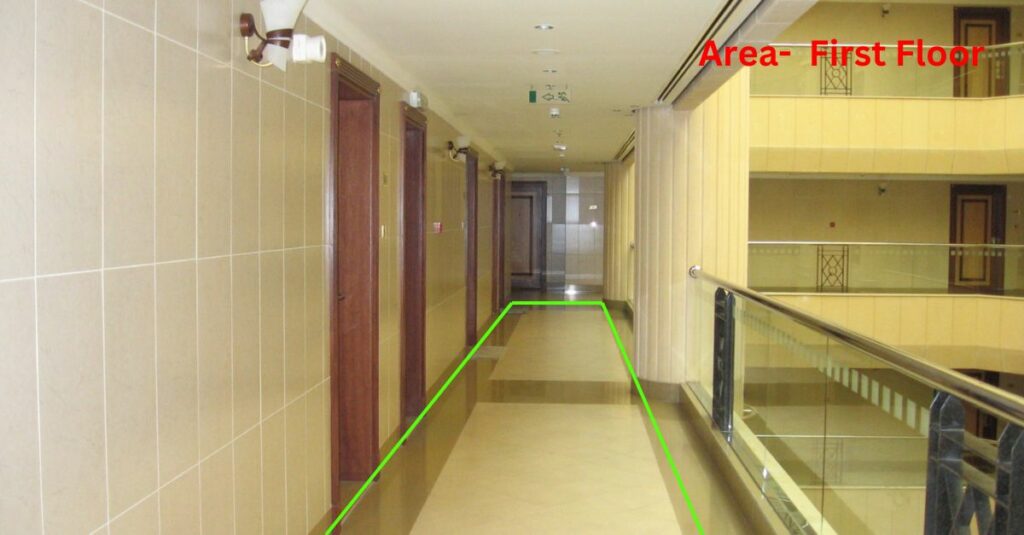
Future Trends in AI Video Analytics for Co-Living Spaces
The Evolution of AI and Its Potential
AI technology is continuously evolving, with potential for even more advanced applications in co-living spaces. Future innovations may include AI-powered robotics and autonomous services.
Emerging Technologies
Advancements such as autonomous cleaning robots, AI-powered smart home systems, and intelligent concierge services are on the horizon, promising to further enhance co-living environments.
Conclusion
Summary of AI Benefits for Co-Living Spaces
AI video analytics offers numerous benefits, from enhanced security to improved space utilization, tailored experiences, and energy efficiency. It’s a game-changer for modern co-living spaces.
Final Thoughts
As AI technology advances, co-living spaces stand to gain even more. The future holds exciting possibilities for creating harmonious, secure, and efficient living environments through AI integration.
Frequently Asked Questions (FAQs)
AI detects unusual behaviors in real time, ensuring faster response to security threats.
When used responsibly, AI monitoring balances safety and privacy effectively.
Data security and ethical usage of collected information are top concerns.
The cost varies depending on the scale and complexity of the system.
Yes, by automating tasks and optimizing resource usage, AI lowers operational costs.
AI systems collect video data related to movement, behavior patterns, and space utilization.
AI systems can be highly customized to meet the specific needs of different co-living environments.
